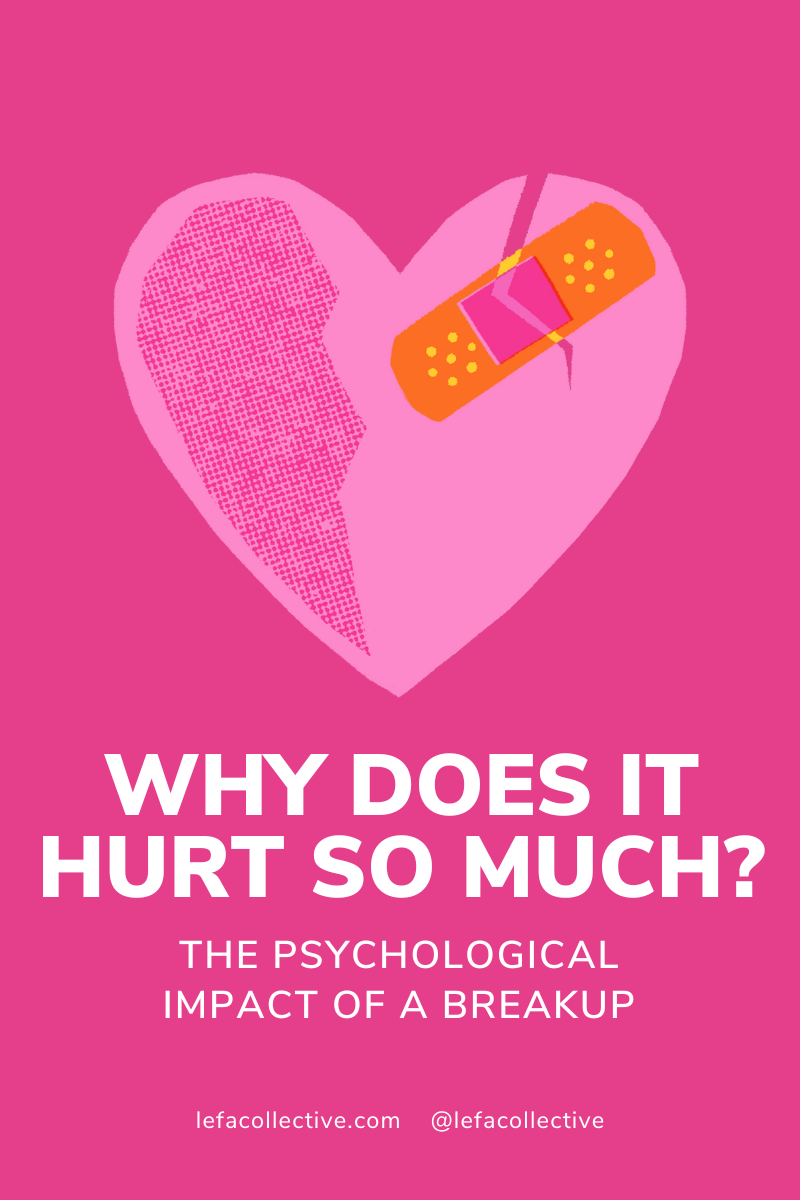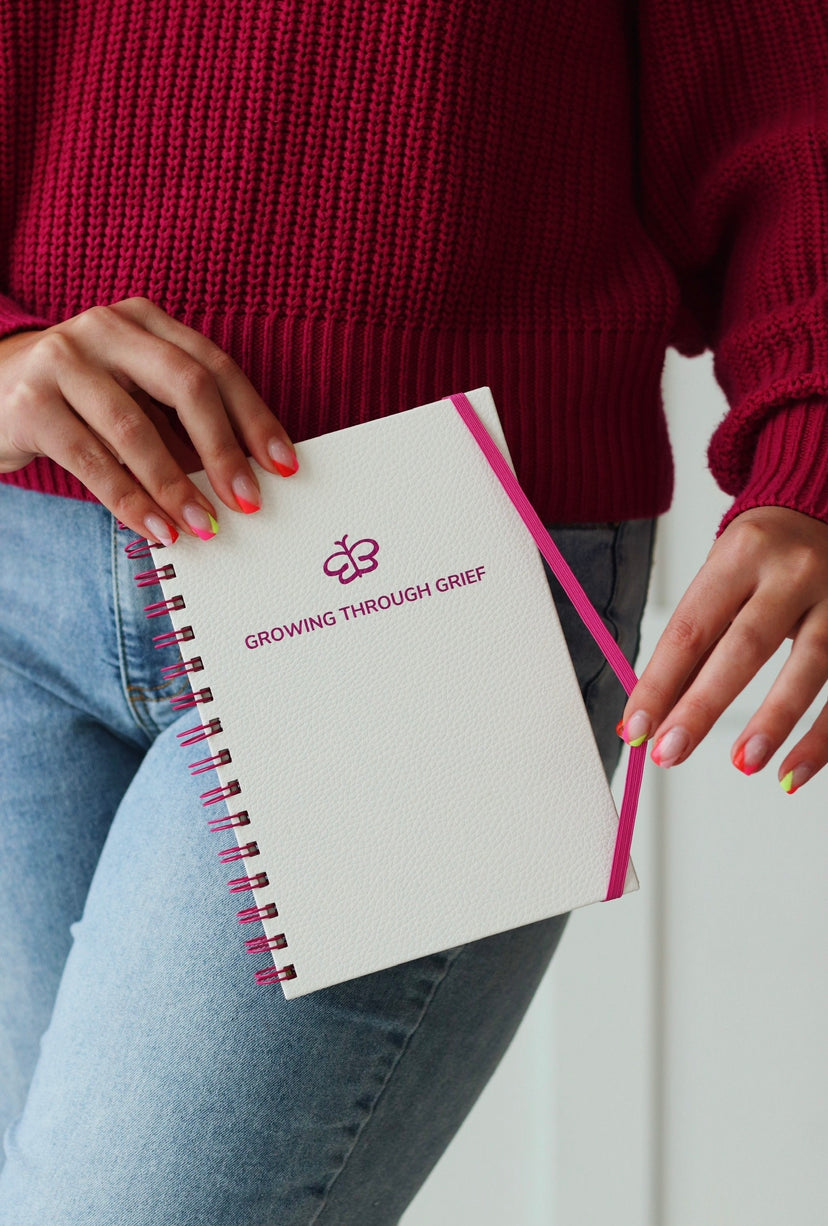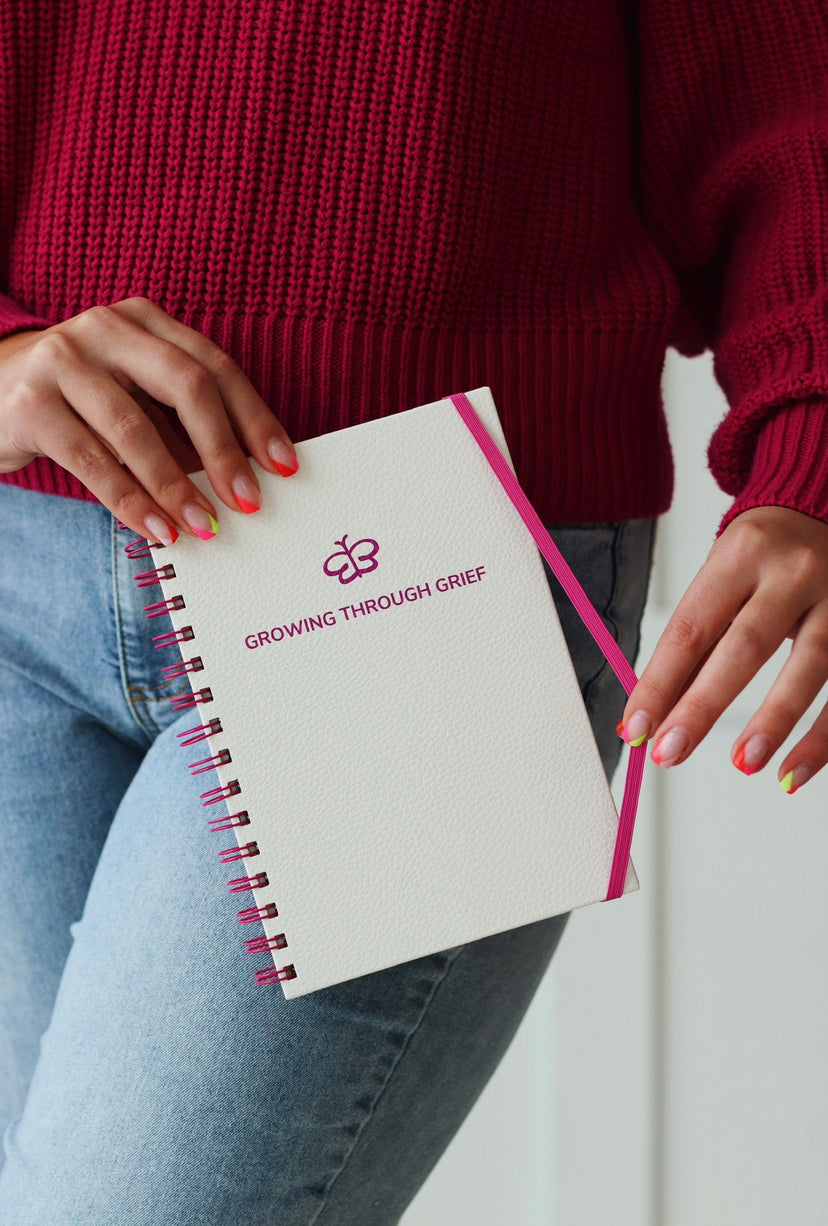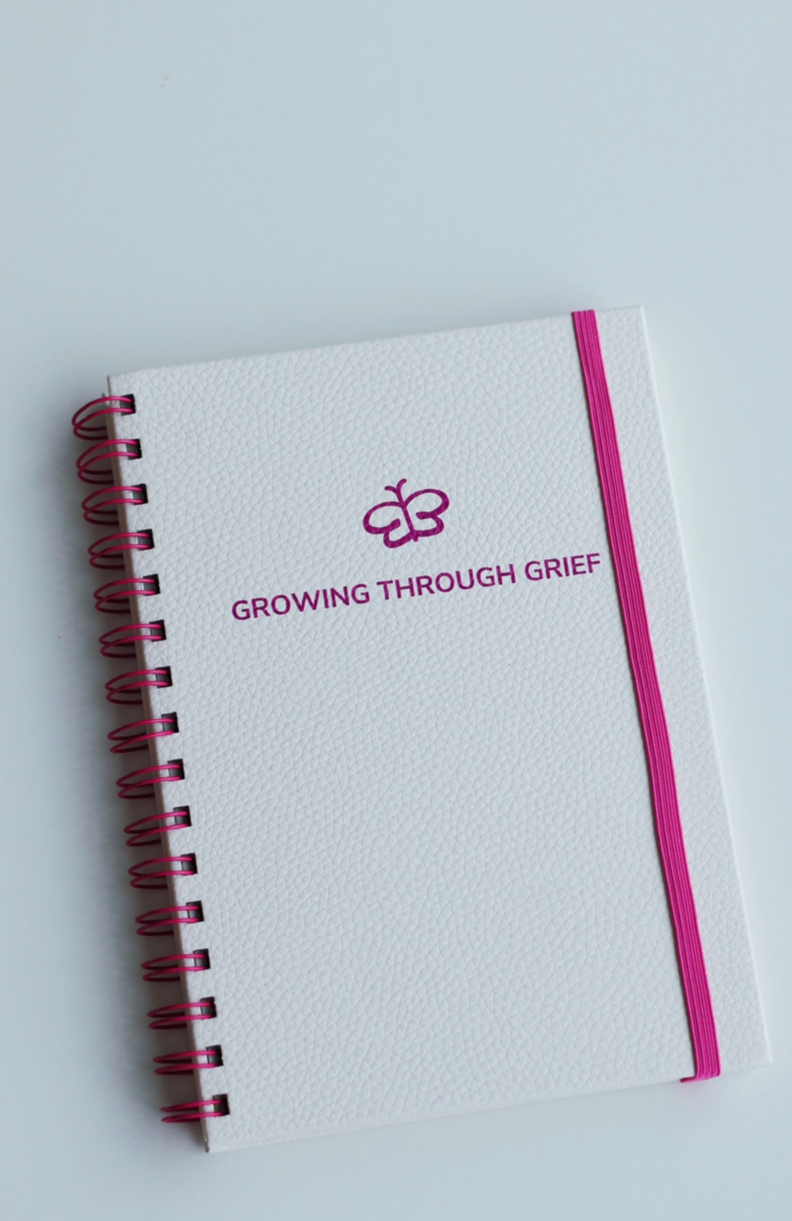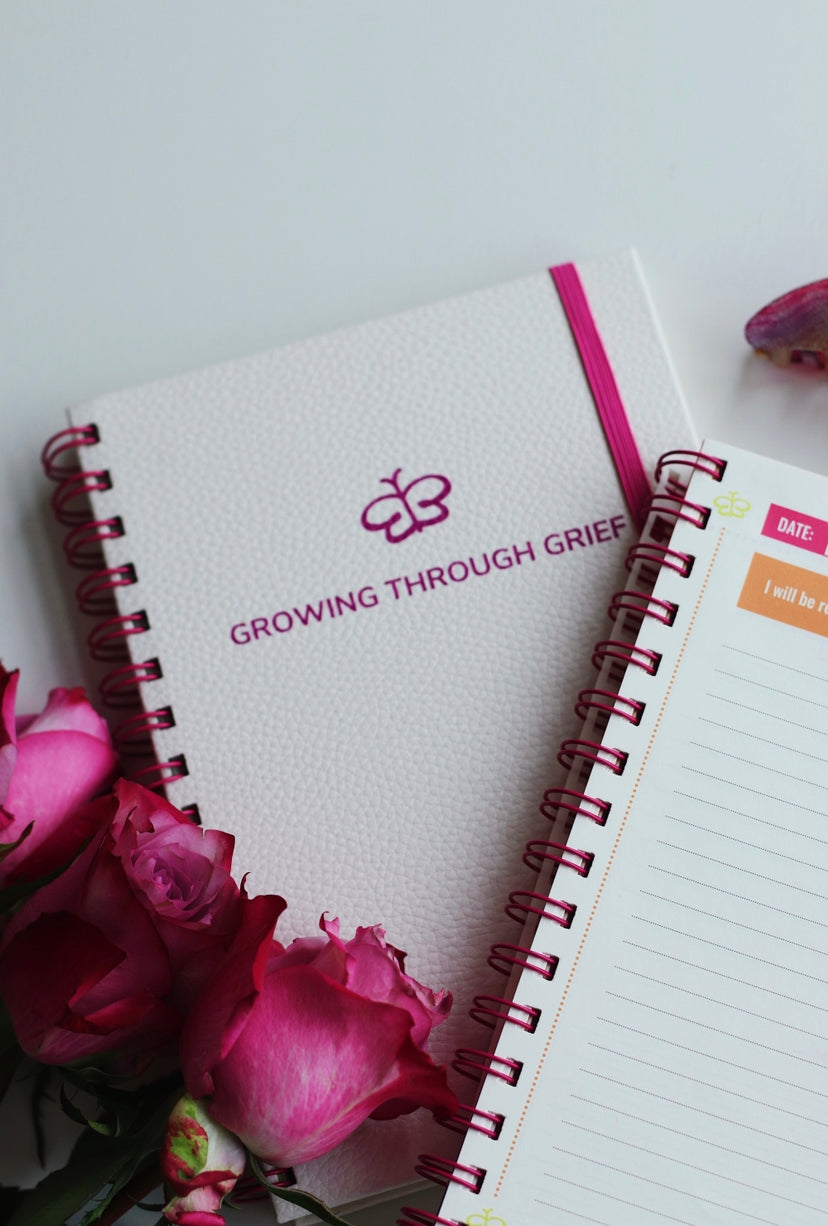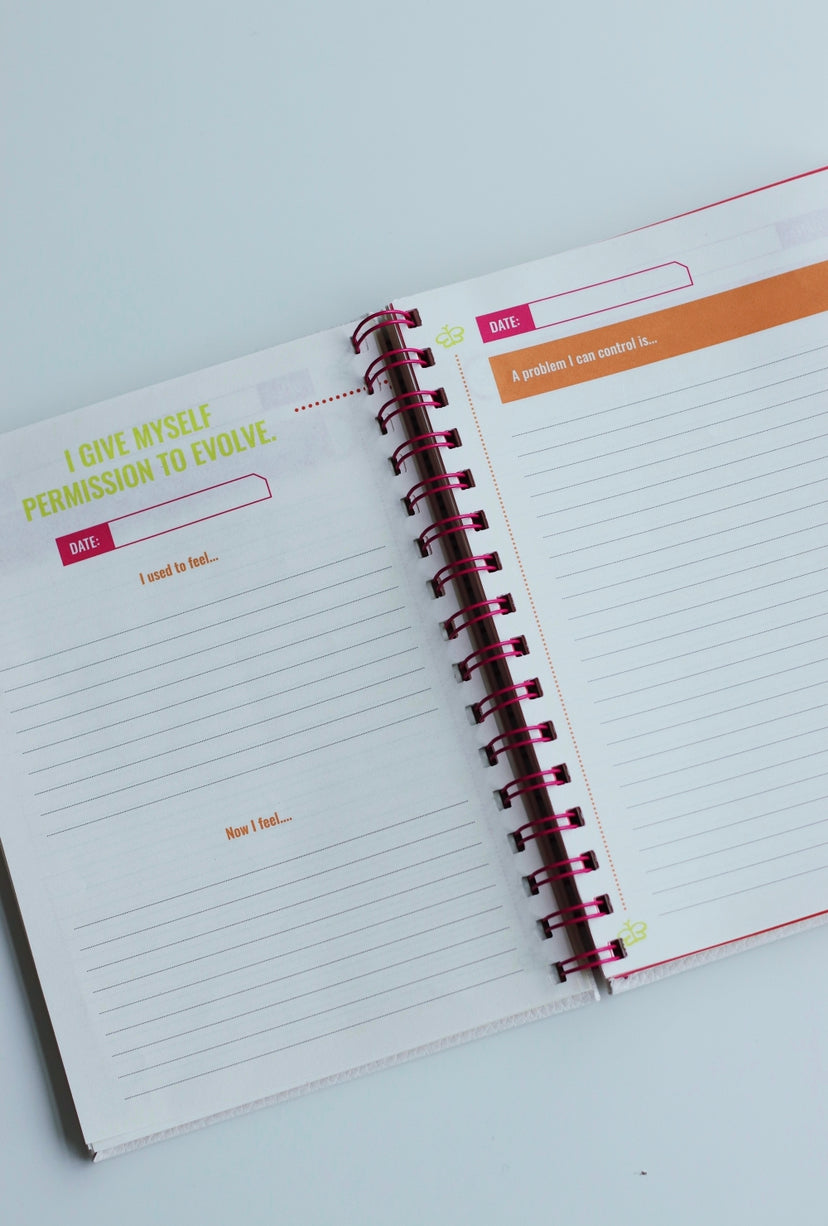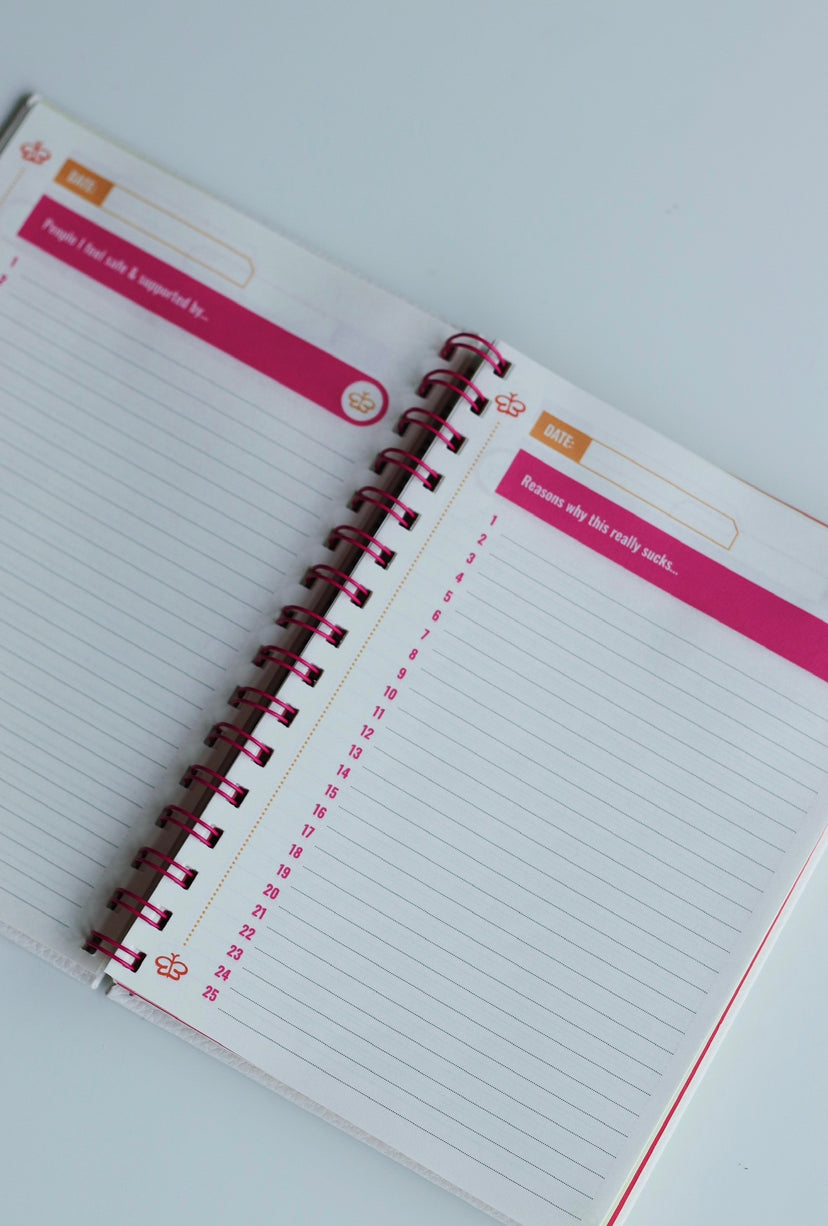Why Breakups Hurt and How to Heal
Breaking up is tough. During my divorce I often felt both sad and physically unwell. My heartbreak was crazy making. I felt overwhelmed with emotions like loss, grief, and loneliness. There’s no single reason why breakups hurt so much, but things like how we attach to others, handle emotions, and see ourselves play a big role in how we cope.
Understanding the Feelings After a Breakup
A breakup can feel like a rollercoaster of emotions. At first, you might feel shocked, angry, or even in denial that it’s over. You could even be feeling all three emotions at once. As time goes on, feelings like sadness, loneliness, and regret might take over, making it hard to move on.
It helps to understand that these feelings are normal. Whether you're missing your ex, feeling lost without them, or thinking about what could have been, recognizing your emotions is the first step toward healing.
Allow Yourself to Feel Sad
A breakup can feel like a major loss. Feelings of grief, sadness, or rejection are normal. These emotions are part of healing. Instead of pushing them away, allow yourself to feel them. Writing in a grief journal, talking to a friend, or moving your body can help you deal with your emotions in a healthy, mindful way.
Don’t Believe Everything You Think
Breakups can make people think they aren’t lovable or good enough. After my divorce part of me believed I would be alone forever. These thoughts aren’t true, but they can feel very real! It’s important to challenge negative thoughts and replace them with kindness toward yourself. A journal prompt you can use to replace these lonely ideas are: "What else could be true"
Writing things down can help. Journaling about your thoughts and feelings can show you patterns that might not be helpful. Try our FREE 5 Day Journal Course to learn how to cope & shift your focus. Journaling can teach you to start focusing on what you’ve learned from the relationship instead of only thinking about what went wrong.
Give Yourself Time to Heal
Healing doesn’t happen overnight. It’s okay to take your time and focus on self-care. Instead of avoiding your feelings, do things that help you feel better, like:
-
Taking a walk outside. Try new trails and explore new places in the area you live.
-
Try a new group fitness class to boost your mood & meet new people.
-
Spending time with friends and family. Make plans with them so you have things to look forward to.
-
Practicing deep breathing or meditation.
-
Writing in a journal with prompts.
By taking care of yourself, you create space for healing and moving forward.
Set Boundaries with Your Ex
After a breakup, it’s important to set clear boundaries. This might mean not talking to your ex for a while, limiting contact, or even unfollowing them on social media. Boundaries help you heal by giving you space to focus on yourself instead of staying stuck in the past.
It took me some time to set a no-contact boundary with my ex, but once I did, my emotions weren’t constantly thrown off by seeing their name on my phone. Instead, I was able to process my feelings, cope, and heal without the added stress of unexpected messages.
Lean on Your Friends and Family
Having people to support you after a breakup makes a big difference. Talking to people who care about you can make heartbreak easier to handle. Friends and family can remind you that you’re not alone and that things will get better.
HOT TIP: When your friend reach out & say "let me know if there's anything I can do for you." Respond by asking if you can make plans so you have something to look forward to. The first 3 months after my divorce I planned sleepovers every weekend with my cousins, sister & friends. It helped me have something to look forward to & helped me create fun, new memories. Of course, I cried a lot, but I look back on those memories with so much gratitude.
If your sadness feels overwhelming or lasts too long, talking to a therapist might help. A professional can give advice on how to handle emotions and move forward in a healthy way.
Find Growth Through the Pain
Even though breakups hurt, they can also help you grow. The hardest times in life give you a chance to learn about yourself, build emotional strength, and discover new interests. Think of this time as a way to improve your confidence and focus on what makes YOU happy.
Try to:
-
Be kind to yourself and remind yourself of your worth. Journaling can help you identify your unconscious stream of thoughts & edit the way you are thinking.
-
Pick up a new hobby or activity.
-
Set goals for your future and what you want in a relationship, or what you want to accomplish alone.
Final Thoughts
Breakups are painful, but they can also lead to personal growth. I look back on my season of life after divorce with so much wonder. My pain allowed me to take inventory of every part of my life & rebuild it with so much intention.
By allowing yourself to grieve, challenging negative thoughts, practicing self-care, and leaning on your support system, you can heal and move forward. Setting boundaries and focusing on your future will help you feel stronger over time. Right now, it may feel hard, but with patience and self-love, you will get through it and come out even better.

